Are Tattoos Bad For You? Health Risks You Should Know About
Think before you get inked – potential health risks of tattoos you need to know

Image: Shutterstock
If you have toyed with the idea of getting a tattoo, you must have at least once wondered, “Are tattoos bad for you?”. While body art is a thing of curiosity, there may be some potential health risks associated with getting inked. As tattoos continue to gain popularity, it is natural for one to ponder upon the impact they might have on our well-being. In this article, we will dive into the potential health risks associated with tattoos and shed light on factors individuals should be aware of before getting tattooed. Understanding its potential drawbacks is crucial for those who are considering adorning their bodies with permanent art as it allows for an informed decision-making process. Let us unravel the different aspects surrounding the topic in the following sections.
In This Article
Are Tattoos Bad For You?

While tattoos are generally safe, some risks exist. Infections can occur if proper hygiene is not maintained during the tattooing process. Allergic reactions to ink ingredients are also possible. In addition, tattoos may cause skin irritation or scarring. Some individuals may also experience symptoms of tattoo flu like mild fever, fatigue, dizziness etc., as the body’s temporary response to the trauma caused.
Proper aftercare, working with a reputable tattoo artist, and maintaining a sterile environment can minimize the above-mentioned risks. It is advisable to consult with professionals and follow care instructions to safely enjoy the experience of getting body art.
 Quick Tip
Quick TipWhile we know there are certain risks associated with getting a tattoo, are there potential life-threatening health risks associated with it? The next section addresses this question.
Key Takeaways
- Tattoos are generally safe, but infection, rare allergies, and skin issues can occur without proper hygiene and aftercare. Working with a reputable artist is recommended to ensure this.
- No substantiated correlation between tattoos and signs of skin cancer exists; any suggested connection is considered coincidental by researchers.
- Tattoos can pose additional health risks, including allergic reactions, complications during MRI, hepatitis, and scarring.
- Pen ink may contain allergens and pose risks of skin irritation.
Can Tattoos Cause Cancer?
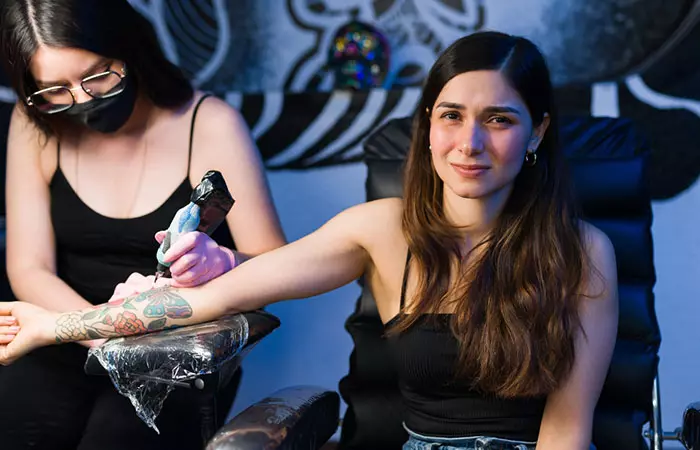
Although researchers have investigated the potential connection between tattooing and cancer over an extended period, there is currently no substantiated correlation between the two. The notion of a direct association is commonly considered a misconception. No conclusive evidence exists to support the idea that acquiring a tattoo leads to the development of skin cancer (1). Some researchers have instead proposed that any observed connection between the two may be coincidental (2), (3).
You can breathe a sigh of relief regarding the risk of cancer but may still want to know whether there are additional health risks linked to tattoos. Scroll down to find out.
Are There Other Health Risks Associated With Tattoos?
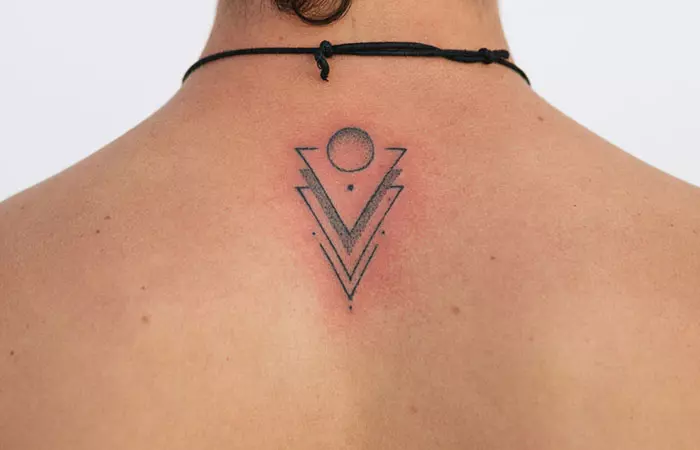
1. Allergic Reactions
Consider your skin’s sensitivity to perfumes, makeup, or lotions before opting for a tattoo as allergic reactions to tattoo dyes are common. Despite myths about harmless tattoo inks, reactions to tattoo pigments usually occur due to chemicals present in them that can cause irritation in sensitive skin types. If you have a history of allergies, consult an allergist before getting a tattoo. Be vigilant of skin reactions during or after tattooing, ranging from irritation to severe responses such as swelling or blistering. Seek medical attention in case of any adverse reactions to inks.
Tanisha Aggarwal, a YouTuber, shared an unexpected tattoo experience that turned into a nightmare for her: “The third day, the blisters had got worse, they had spread all across my tattoo, and it was turning into a scab. On the fourth day, I could see pus coming out of it, and it was so bad that I again started panicking (i).” The tattoo artist’s aftercare instructions worsened the condition, and she had to eventually seek medical help.
2. MRI Complications
Tattoo pigments with metallic salts or substances, including heavy metals, can complicate MRI scans, causing discomfort, heating, and image artifacts. Inform healthcare providers of tattoos before an MRI to assess risks. If you require frequent MRIs due to a medical condition, consider delaying getting a tattoo as complications such as inflammation “sensed as burning” have been reported (4). Magnetic reactions in tattooed areas during an MRI are uncommon but may occur. It is important to take precautions and transparently communicate with healthcare professionals for a safe examination.
3. Hepatitis
Getting a tattoo carries a significant risk of bloodborne disease, particularly Hepatitis B and C viruses which can be transmitted through shared tattoo needles (5). Therefore, it is imperative to thoroughly research your chosen tattoo studio before undergoing the procedure. It is crucial to visit the studio multiple times to ensure that the staff consistently wear gloves and use fresh, clean needles for each customer. Strict sterilization practices in tattoo parlors are essential to mitigate infection risks.
4. Scarring
Tattoos may result in scarring if the skin undergoes excessive trauma during the tattooing process or if proper aftercare is not taken. Poor healing practices such as picking at scabs or exposure to irritants can also contribute to scarring. While some scarring on the tattooed skin is a natural part of the healing process, individuals should follow recommended aftercare procedures to minimize the risk of excessive or undesirable scarring.
Armed with all this knowledge, you are now better equipped to deal with almost all tattoo side effects and potential health risks associated with tattooing. But you may still be wondering whether pen ink has any adverse effects on your skin. Find out the answer to it in the following section.
Is Pen Ink Bad For Your Skin?
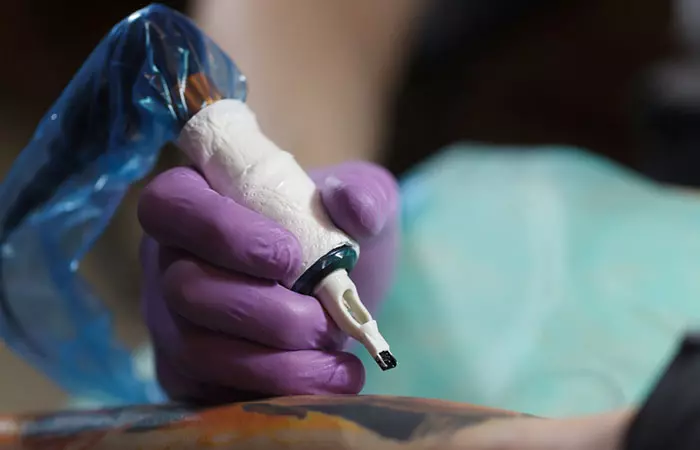
Pen ink may contain harmful pigment particles, allergens, and pose risks of skin irritation or allergic reactions. Moreover, various ink particles may include harmful substances such as alcohols, barium, cadmium, copper, lead, mercury, minerals, nickel, plastics, and vegetable dyes. In addition, improper sterilization practices can increase infection risks. It is vital to use reputable and sterile inks, follow proper hygiene, and consult professionals to minimize health concerns. Communication with the tattoo artist about potential allergens in the tattoo ink can help address individual sensitivities and reduce the risk of adverse reactions.
 Quick Tip
Quick TipFurthermore, different colors in tattoo inks come from mixing different pigments, and some of them might have substances linked to cancer. For example, black tattoo inks which contain carbon black may have a higher risk of association with cancer. A study discovered that polycyclic aromatic hydrocarbons (PAHs), a class of cancer-causing substances, were present in most tattoo inks (6).
Research has also explored the connection between ultraviolet radiation (UVR), red tattoos, and skin cancer in mice using a red tattoo ink with a prohibited carcinogen. Under UVR exposure, mice with red tattoos exhibited a slightly accelerated onset of the third tumor and faster growth rates for the second and third tumors compared to controls. The observed co-carcinogenic effect was considered weak and potentially not clinically significant (7). However, further human studies are required in this regard.
While tattoos are generally safe, there are some potential risks associated with them, such as infections, allergic reactions, and skin complications. It is important to note that there is no direct connection between tattoos and cancer. Overall, there is a need to be cautious before getting inked. The choice of ink plays a crucial role as substances in tattoo pigments may have some adverse effects on the skin and one’s overall health. Proper aftercare and choosing reputable tattoo artists allows individuals to enjoy body art while minimizing potential health concerns.
Frequently Asked Questions
Are tattoos bad for your immune system?
Tattoos, when done in sterile conditions, generally do not harm the immune system. However, the body’s immune response can be triggered during the tattoo healing process.
Are henna tattoos bad for you?
Henna tattoos are generally safe, but severe reactions can occur. Ensure you use pure henna and be cautious of additives that might cause skin diseases or skin reactions. Temporary inks made from natural ingredients may also make you susceptible to specific nut-, fruit-, or vegetable-based reactions that you may be prone to. It is best to consult with a professional cosmetician before zeroing in on a product.
Who should not get tattoos?
People with certain skin conditions, allergies, or medical conditions should avoid tattoos. Pregnant individuals are advised to consult with their healthcare provider before getting a tattoo.
Do tattoos cause long-term damage?
Tattoos generally do not cause long-term effects, but reactions to tattoo ink may vary. Improper aftercare or allergic skin reactions can lead to complications. It is essential to follow aftercare instructions and choose reputable tattoo artists.
What percentage of tattoos get infected?
The infection rate for tattoos is relatively low. A study estimated it to be around 0.5% to 6% in 67 cases between 1984 and 2015 (8). Proper aftercare and hygiene significantly reduce the risk of skin infection.
Illustration: Are Tattoos Bad For You? Health Risks You Should Know About
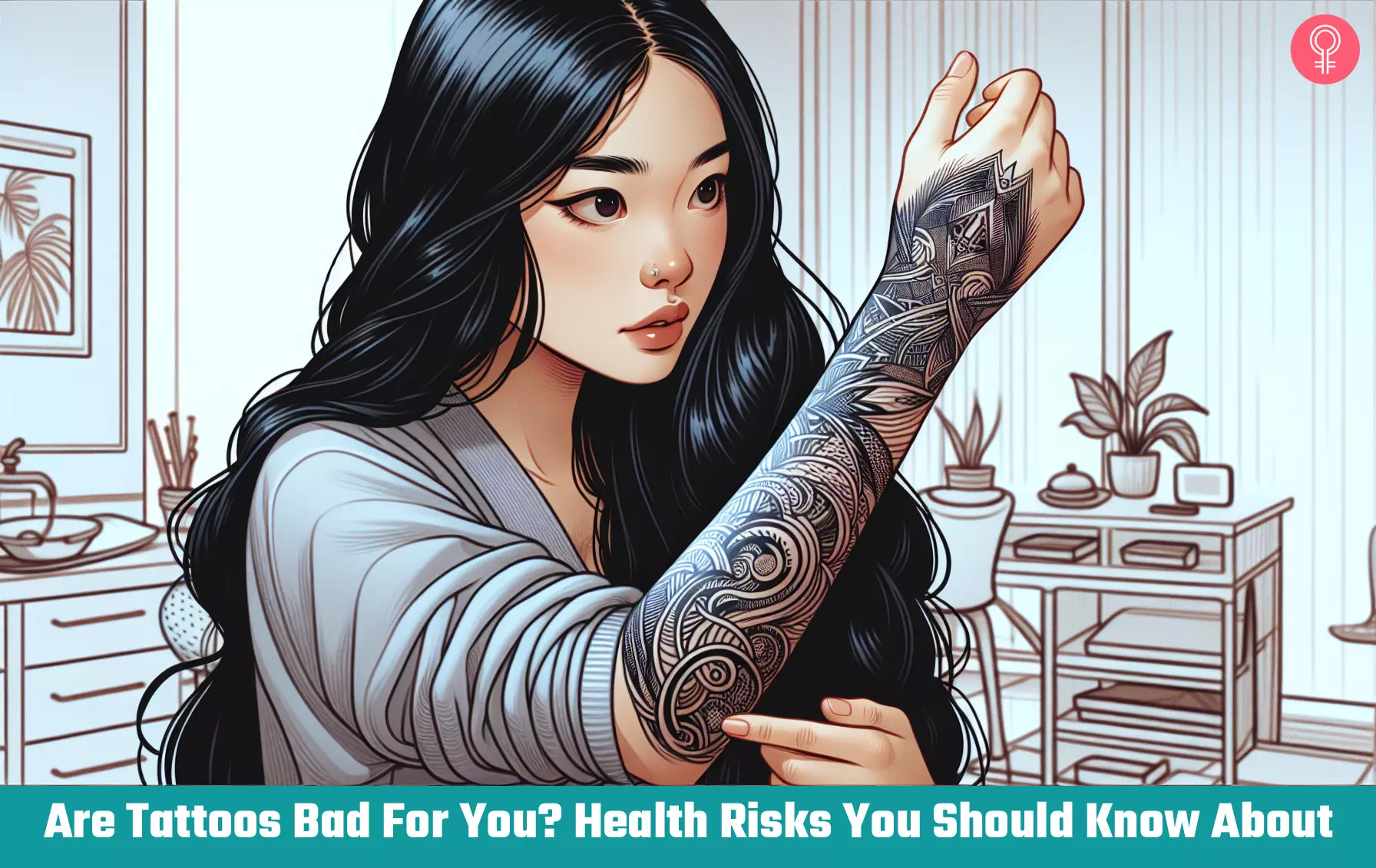
Image: Dall·E/StyleCraze Design Team
This YouTube video explores the dangers of tattoos from a doctor’s perspective and sheds light on potential health concerns associated with them. Ready to make informed choices? Watch it now to prioritize your well-being as a tattoo aficionado!
Personal Experience: Source
StyleCraze's articles are interwoven with authentic personal narratives that provide depth and resonance to our content. Below are the sources of the personal accounts referenced in this article.
(i). My Worst Tattoo Experience | Tanisha Aggarwalhttps://www.youtube.com/watch?v=GVhdhRBvJUo
References
Articles on StyleCraze are backed by verified information from peer-reviewed and academic research papers, reputed organizations, research institutions, and medical associations to ensure accuracy and relevance. Read our editorial policy to learn more.
- Medical complications of tattoos: A comprehensive review
https://pubmed.ncbi.nlm.nih.gov/26940693/ - Melanoma and tattoos: A case report and review of the literature
https://pubmed.ncbi.nlm.nih.gov/29171408/ - Tattoos inks and cancer
https://pubmed.ncbi.nlm.nih.gov/22469126/ - Tattoo complications and magnetic resonance imaging: A comprehensive review of the literature
https://pubmed.ncbi.nlm.nih.gov/32216450/ - Tattooing and risk for transfusion-transmitted diseases: The role of the type number and design of the tattoos and the conditions in which they were performed
https://www.ncbi.nlm.nih.gov/pmc/articles/PMC2869796/pdf/11895092.pdf - Black Tattoos Entail Substantial Uptake of Genotoxicpolycyclic Aromatic Hydrocarbons (PAH) in Human Skin and Regional Lymph Nodes
https://www.ncbi.nlm.nih.gov/pmc/articles/PMC3966813/ - Red tattoos ultraviolet radiation and skin cancer in mice
https://pubmed.ncbi.nlm.nih.gov/28500679/#:~:text=In%20conclusion%2C%20no%20spontaneous%20cancersas%20a%20cocarcinogen%20with%20UVR. - The risk of bacterial infection after tattooing
https://www.ncbi.nlm.nih.gov/pmc/articles/PMC5290255/
Read full bio of Brik Rangel
Read full bio of Pahul Nanra
Read full bio of Subhrojyoti Mukherjee
Read full bio of Manjari Uppal









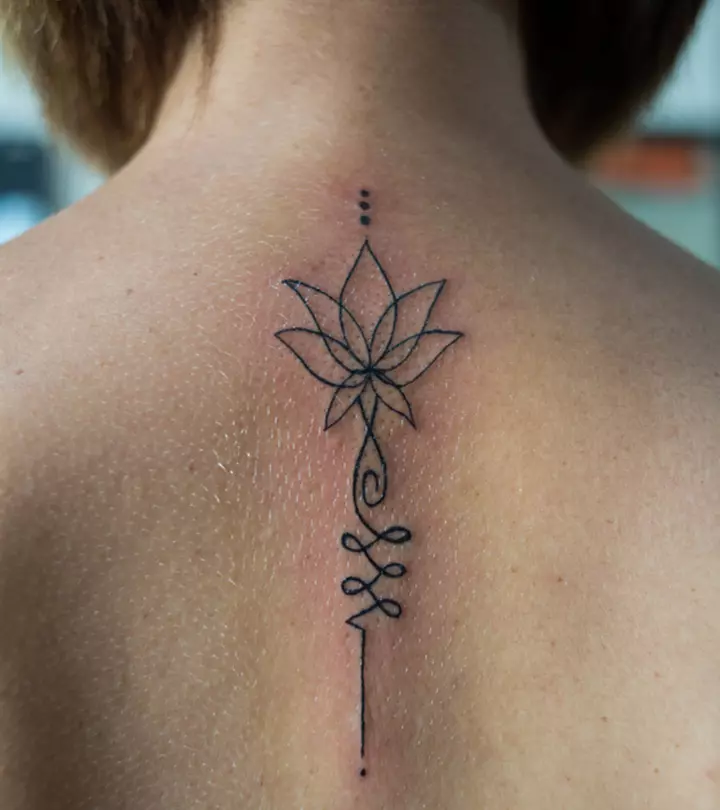




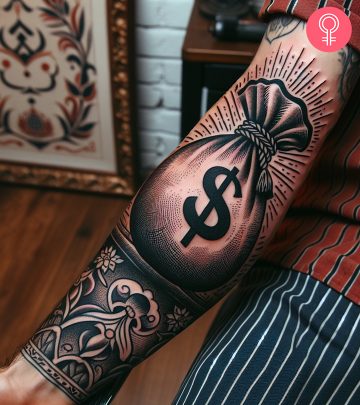
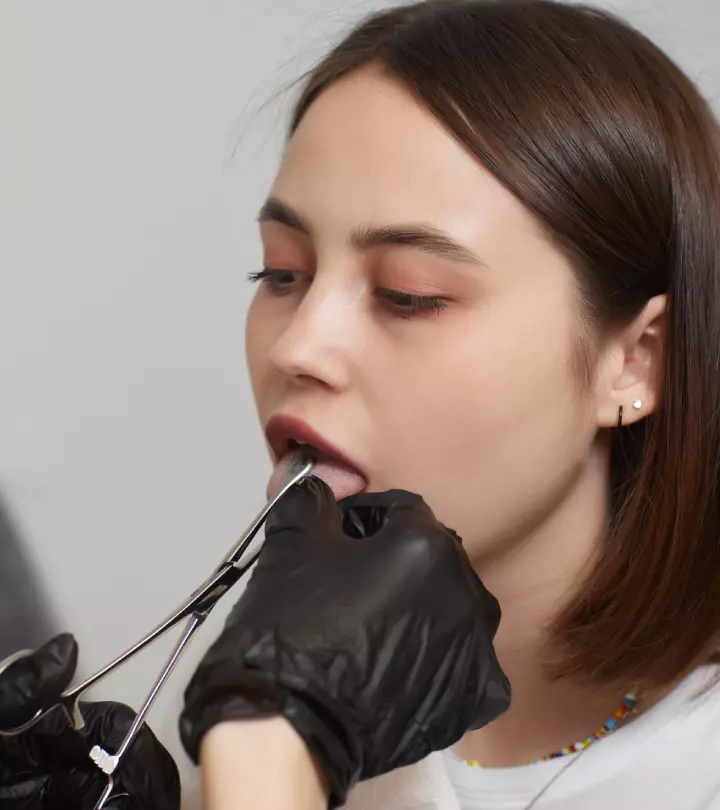

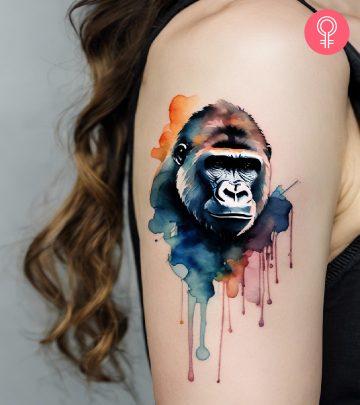


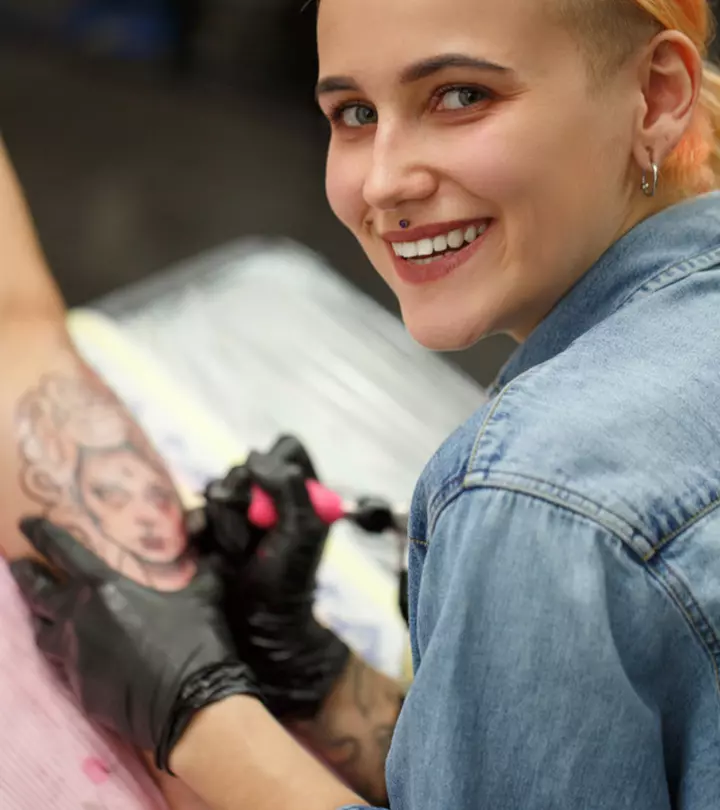
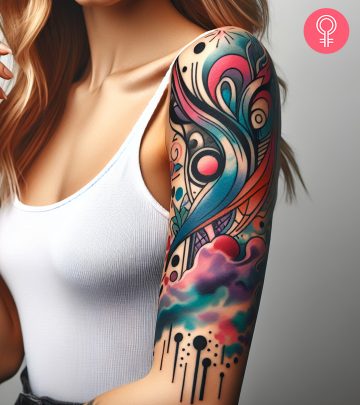

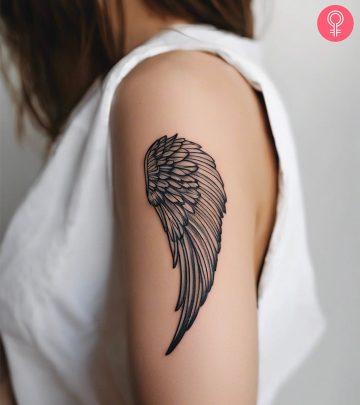
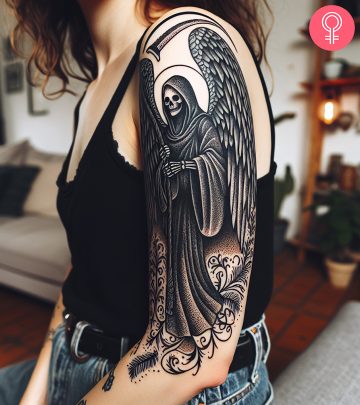
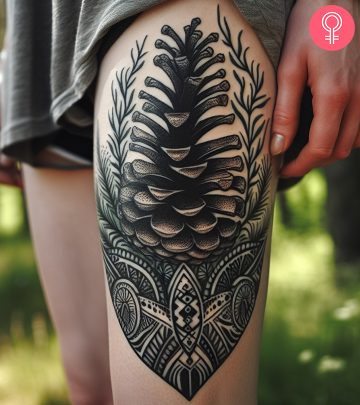
Community Experiences
Join the conversation and become a part of our empowering community! Share your stories, experiences, and insights to connect with other beauty, lifestyle, and health enthusiasts.